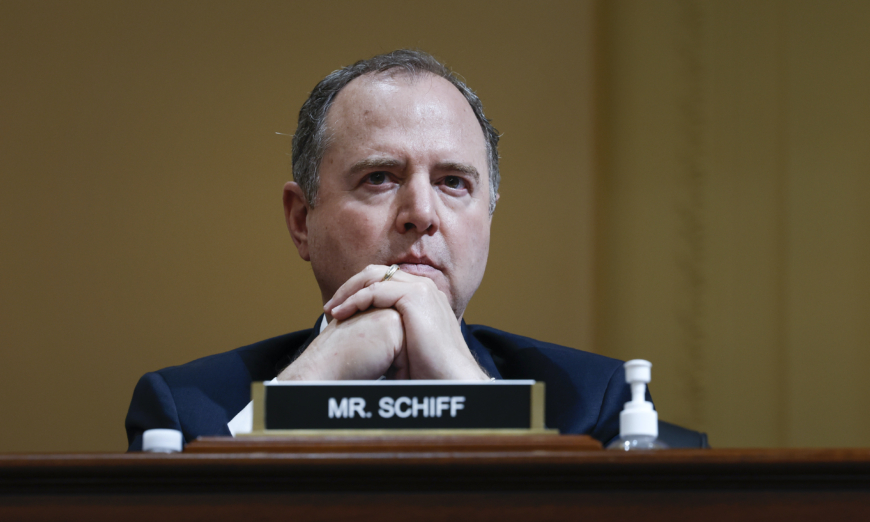White House needs ‘soft’ approach to AI regulation, conservatives argue
The White House and Congress are working on regulations for artificial intelligence (AI) as it becomes more prevalent among the public.
Recently, AI-powered software, such as generative art and chatbots have gained popularity. As these technologies grow in importance, the White House and Congress are considering ways to regulate it. Some conservative policy experts agree that regulations should be instituted, but cannot come at the cost of stifling innovation.
According to American Enterprise Institute senior fellow John Bailey, some form of regulatory oversight is necessary to ensure that the benefits of AI are maximized, while limiting its potential harms. To do this, it is important to understand the downsides of this technology and its potential contributions to society in the future.
In December, the White House released an “AI Bill of Rights” which set forth priorities for rules and limitations that should be implemented. The guidelines include ensuring that AI systems do not misuse user data, avoiding discrimination based on an algorithm, safeguarding user data, and ensuring that users of this technology are aware of it and can opt-out if they choose.
While this document provides some clear principles for future enforcement, it is driven primarily by fears of AI’s potential dangers, rather than its possibilities. According to R Street senior fellow Adam Thierer, the Bill of Rights serves as a blueprint for aspiring tech regulators and trial lawyers who want to curb algorithmic innovations rather than advancing them. Thierer also noted that the document was mainly geared towards AI’s technological threats rather than its benefits.
While these principles have been adopted by several departments, including Defense, Energy, Veterans Affairs, and Human and Health Services, they only serve as guidelines and are not enforceable. Policy experts believe a more flexible approach is necessary to allow innovation to continue. Americans for Prosperity senior policy analyst James Czerniawski suggested that officials work with the private sector to develop a more “soft law” approach, establishing best practices while understanding the limitations of the technology.
In Congress, Rep. Ted Lieu introduced at least one bill in January to regulate AI. The bill emphasizes Congress’s responsibility to ensure that AI is developed and deployed ethically, safely, and with respect for everyone’s privacy and rights. As the White House determines its approach, states are also beginning to adopt their own AI bills and resolutions. At least 17 states have introduced AI bills or resolutions in 2022, establishing task forces to study AI and providing additional resources for local officials to investigate AI independently.
" Conservative News Daily does not always share or support the views and opinions expressed here; they are just those of the writer."





